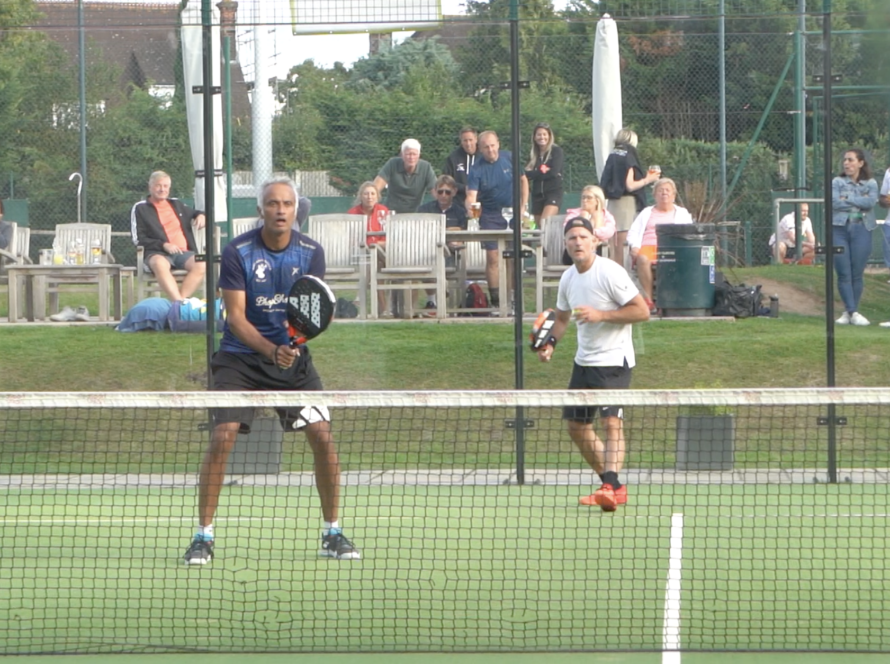While Padel offers numerous physical health benefits, it also serves as an inclusive game that supports individuals with mental health problems. In this blog, we will delve into the aspects of Padel that make it an inclusive sport, fostering well-being and mental stability.
Physical Activity and Mental Well-Being:
One of the key benefits of Padel is the physical activity it entails. Engaging in regular physical exercise has been scientifically proven to have a positive impact on mental health. Padel, with its fast-paced gameplay and constant movement, provides an effective way to release endorphins, alleviating symptoms of anxiety and depression.
Moreover, the sport encourages social interaction, promoting a sense of belonging and reducing feelings of isolation, which are common challenges faced by those with mental health issues.
Accessible and Adaptive:
Padel stands out as an inclusive sport due to its accessibility and adaptability. The sport can be played by people of all ages, irrespective of their fitness levels or abilities. The enclosed court design and smaller court size make it easier for beginners or individuals with limited mobility to participate and enjoy the game. This inclusivity fosters a sense of achievement and self-confidence, boosting the mental well-being of every player involved.
Social Interactions and Support:
One of the core aspects of Padel that aids mental health is the strong social support network it builds. Courts generally accommodate four players, making Padel a doubles-focused sport that encourages teamwork, camaraderie, and communication.
The opportunity to connect with others, share experiences, and build friendships plays a crucial role in mental health management. The supportive and inclusive environment of Padel can enhance social skills, reduce social anxiety, and promote a sense of belonging, contributing to overall well-being.
Structured Routine and Focus:
For individuals struggling with mental health issues, having a structured routine and focus is often beneficial. Padel provides a regular schedule for practice and games, offering participants an opportunity to plan and organize their time effectively.
The game’s strategic elements, including shot placement, teamwork, and decision making, require mental focus, enabling players to momentarily set aside their worries or anxieties. Through the mental engagement Padel demands, participants can often experience a break from negative thought patterns, finding solace in the present moment.
Padel has emerged as a holistic sport that positively impacts both physical and mental well-being. With its inclusive nature, adaptability, and focus on social interactions, Padel creates an environment that supports individuals with mental health problems.
By engaging in this exciting racquet sport, individuals can experience the benefits of physical exercise, build lasting relationships, and improve their overall mental stability. With its empowering and inclusive game structure, Padel truly stands out as an ideal sport for nurturing mental health.
To learn more and join our padel tournaments, contact us via email, or alternatively, follow us on Facebook and Instagram to stay up-to-date.



